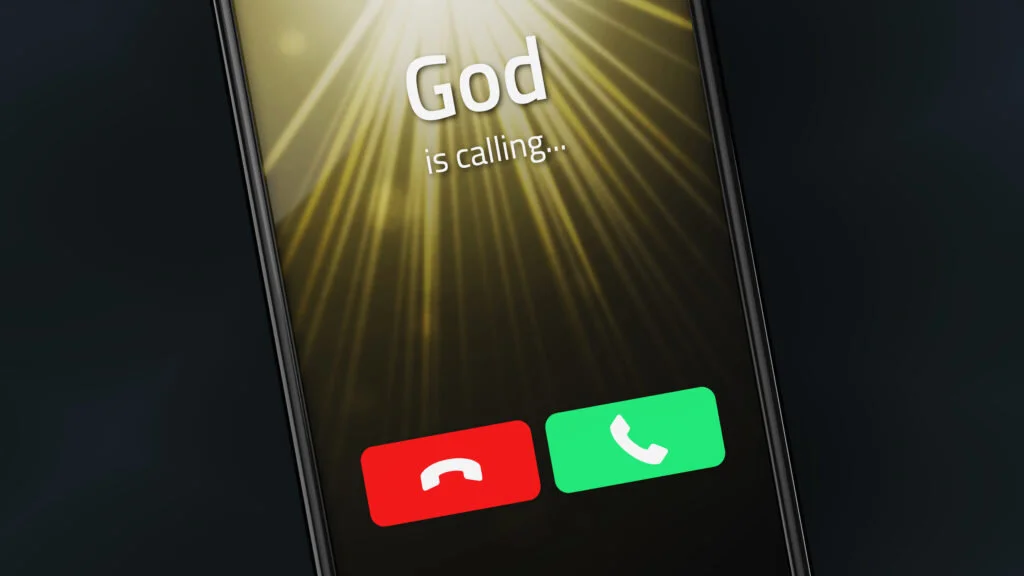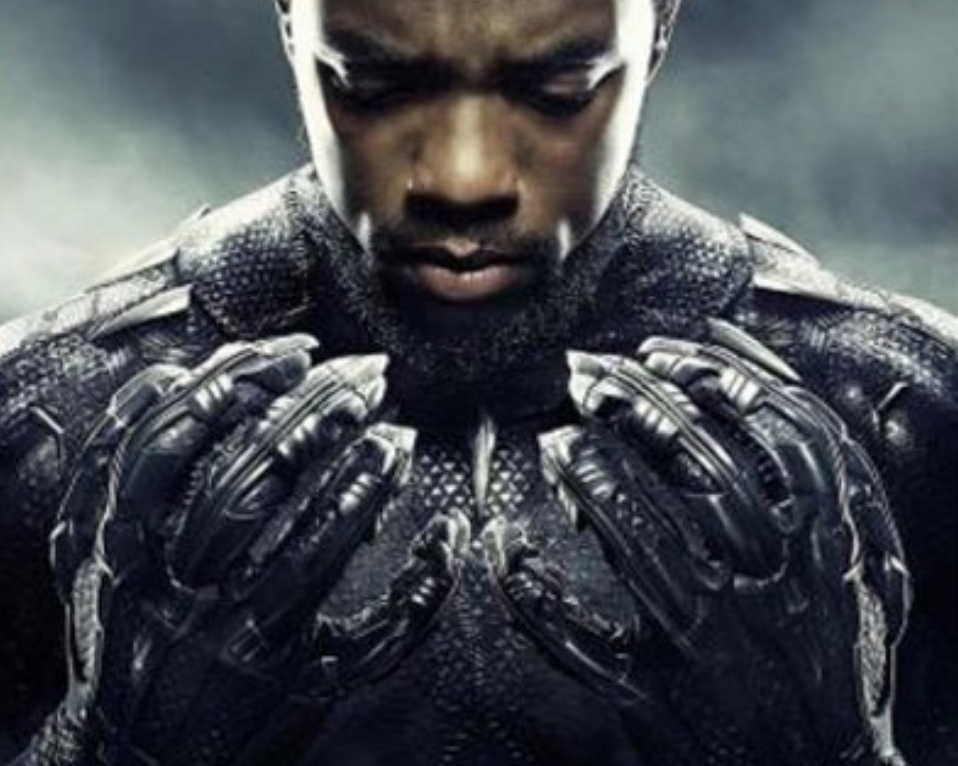Donald Trump had to know it was coming, even if -- to use a Bible Belt expression -- he was preaching to his choir.
"You know what? I believe totally in your freedoms," he said, at a rally in Cullman, Ala. "You got to do what you have to do, but I recommend: Take the vaccines. I did it -- it's good."
Videos of this August 21 event make it clear that quite a few people booed this request by the former president.
Truth is, the longer a health crisis lasts, the more pollsters will find that anti-vaccine citizens have "turned into true believers" who are rock-solid in their convictions, said political scientist Ryan Burge of Eastern Illinois University. He is co-founder of the Religion in Public website and a contributor to the GetReligion.org weblog I have led since 2004.
"At this point, the holdouts are the only people that (pollsters) have to talk to. … They've heard everything, and nothing is moving the needle for them," he said. "In fact, it seems like whatever you say to try to change their minds only makes it worse. These hardcore folks are digging in their heels all the more."
When exploring the most recent Data for Progress poll numbers, it's hard to nail down a religion factor in this drama. As summer began, 70% of non-evangelical Protestants had received at least one shot of COVID-19 vaccine -- but so had 62% of both evangelical Protestants and Catholics. As the author of a book entitled "The Nones: Where They Came From, Who They Are, and Where They Are Going," Burge found it significant that only 47% of the religiously unaffiliated reported receiving at least one shot.
"Religion may be a factor, for some people, but it's not the main thing" causing Americans to be reluctant, he said. "Age is clearly the No. 1 factor, even when you factor in politics. Young Republicans and independents are the same. …
"So how do you reach these people? I mean, independents trust authority even less than Republicans do these days."










